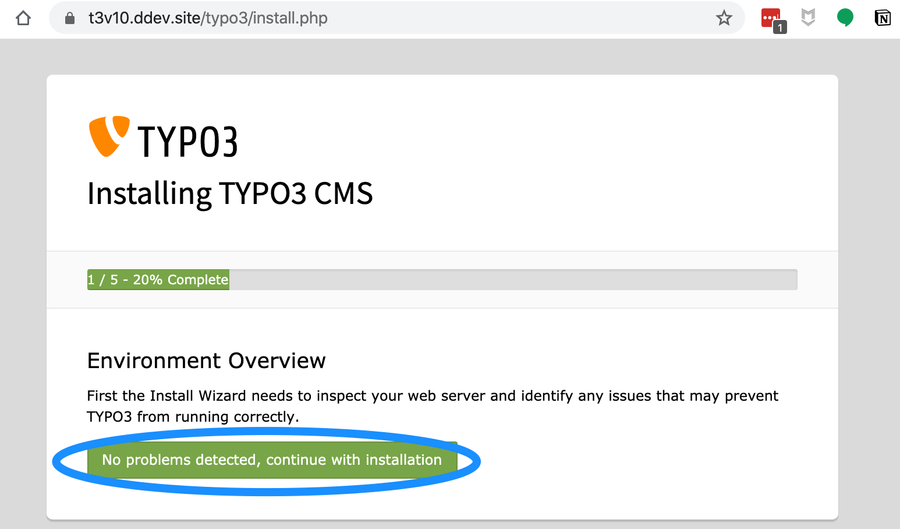Controlling CMS Settings Files in DDEV

One DDEV feature that lots of people love is DDEV’s creation and management of CMS-specific settings files. This makes starting and installing a new project a breeze, and is a fantastic time-saver for many users. People can follow one of the many DDEV Quickstart Guides and have a project up and installed in no time.
To make this happen, DDEV does a quite a bit of settings management for explicitly supported CMSs. DDEV will:
- Create a main settings file if none exists (like Drupal or Backdrop’s
settings.php). - Create a specialty config file with DDEV-specific settings (like
AdditionalSettings.phpfor TYPO3 orsettings.ddev.phpfor Drupal). - Add an include of the specialty file if needed (like adding
settings.ddev.phpinclude to the bottom ofsettings.phpfor Drupal). - Create additional common configs as needed (like
drush.ymlfor Drupal).
This really helps new users and people who are kicking the tires on a CMS. Plus it’s helpful for many developers in their regular workflow. However, there are plenty of you who have sophisticated team and project workflows and don’t want DDEV to manage settings files, or prefer to manage your own. DDEV has always tried to give you control as needed:
- If you don’t want DDEV to touch a file, remove the
#ddev-generatedline from that file, empty it or put your own contents in it, and check it into version control. DDEV will then ignore that file and not try to regenerate it. - If you don’t want DDEV to know what kind of CMS (or other project) you have, use
type: phpin your.ddev/config.yaml(or runddev config --project-type=php). DDEV will no longer create or tweak any settings files, you’re now on your own (The one drawback of this approach is that you don’t get the nginx configuration which has been tweaked for your CMS. But, as always, you can create your own nginx or Apache configurations.) (docs). - In DDEV v1.13 we added a community-requested feature,
disable_settings_management: true. If you want DDEV to use the CMS-specific nginx configuration, but don’t want it to touch anything else, you can putdisable_settings_management: truein your.ddev/config.yaml(or runddev config --disable-settings-management) and DDEV won’t try to create any of the CMS-specific settings files. - In v1.13+ there is also an environment variable
$IS_DDEV_PROJECTthat can be used to fence off DDEV-specific behavior. For example, with$IS_DDEV_PROJECTempty, the important parts ofsettings.ddev.phpandAdditionalSettings.php(for TYPO3) are not executed. This means that DDEV’ssettings.ddev.phpwon’t be invoked if it somehow ends up in a production environment or in a non-DDEV local development environment. - The
.ddev/.gitignoreis created byddev startbecause it gitignores itself. So the intention is that you can not check in the.ddev/.gitignoreand it will be created on start if disable_settings_management is false. This helps teams to share the.ddevfolder checked in by Git, even if the.ddev/.gitignorechanges with different versions.
Is DDEV currently missing explicit support for your CMS? So far we have many flavors of TYPO3, Drupal, Magento, and WordPress available. There are feature requests for support for Shopware, Mautic, and some others. If you’d like DDEV settings support for your CMS, open an issue, we love to hear from you!
We want DDEV to meet the needs of your team and your workflow, so please continue to tell us how these approaches work out for you and your team. We’d be happy to host guest posts here on the blog from you about how your team shares projects and on-boards new team members using DDEV, or, post on your own blog and we can link to it on the DDEV community resources repository, awesome-ddev!